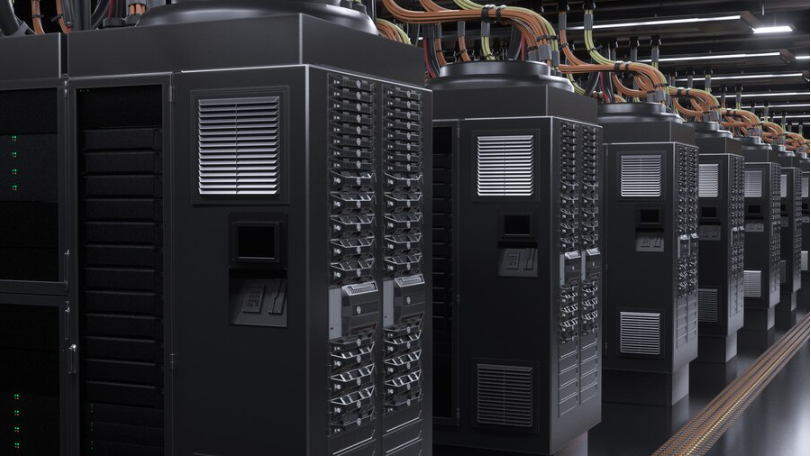As businesses grow, so do their data storage needs. Network-attached storage (NAS) appliances provide an affordable and scalable solution for storing data in a centralized location. But with so many NAS appliances available on the market, it can be difficult to determine which one is right for your business.
This guide will provide an overview of the features to consider when selecting a NAS appliance, including scalability, performance, data protection, and management.
Scalability
One of the most important features to consider when choosing a NAS appliance is scalability. As your business grows, so will your storage needs. It's important to select a NAS appliance that can accommodate additional hard drives and scale to meet your future needs.
Some NAS appliances are designed for small businesses and may only support a few hard drives, while others are designed for enterprise-level storage with support for hundreds of hard drives. Consider your current and anticipated storage needs and select a NAS appliance that can scale to meet those needs.
Performance
Another important consideration when selecting a NAS appliance is performance. The performance of your NAS appliance will impact the speed at which your data can be accessed and transferred. Look for a NAS appliance with a fast processor, plenty of RAM, and support for high-speed networking protocols.
Additionally, consider the type of hard drives that the NAS appliance supports. Solid-state drives (SSDs) offer faster performance than traditional hard drives, but they can be more expensive. Balancing performance and cost is key when selecting a NAS appliance.
Data Protection
Data protection is a critical feature for any data storage solution. Look for a NAS appliance with built-in redundancy, such as RAID (redundant array of independent disks) support, to protect against hard drive failures. Some NAS appliances also support hot-swappable hard drives, which allows for easy replacement of a failed drive without shutting down the entire system.
In addition to hardware redundancy, many NAS appliances also include software features for data protection, such as snapshot and backup support. Look for a NAS appliance with comprehensive data protection features to ensure that your data is safe and secure.
Management
Finally, consider the management features of the NAS appliance. A user-friendly interface and a robust set of management tools can make it easier to configure and maintain your storage system. Look for a NAS appliance with a web-based interface that allows for remote management and monitoring.
Additionally, consider the integration capabilities of the NAS appliance. Some affordable NAS storage appliances include support for popular backup and collaboration software, making it easier to integrate with your existing IT infrastructure.
Conclusion
Selecting the right NAS appliance can be a daunting task, but by considering scalability, performance, data protection, and management features, you can find a system that meets your business's unique needs. Take the time to evaluate your current and anticipated storage needs and research available options to find the right NAS appliance for your business. With the right NAS appliance in place, you can unlock scalable and secure storage for your business's data.
